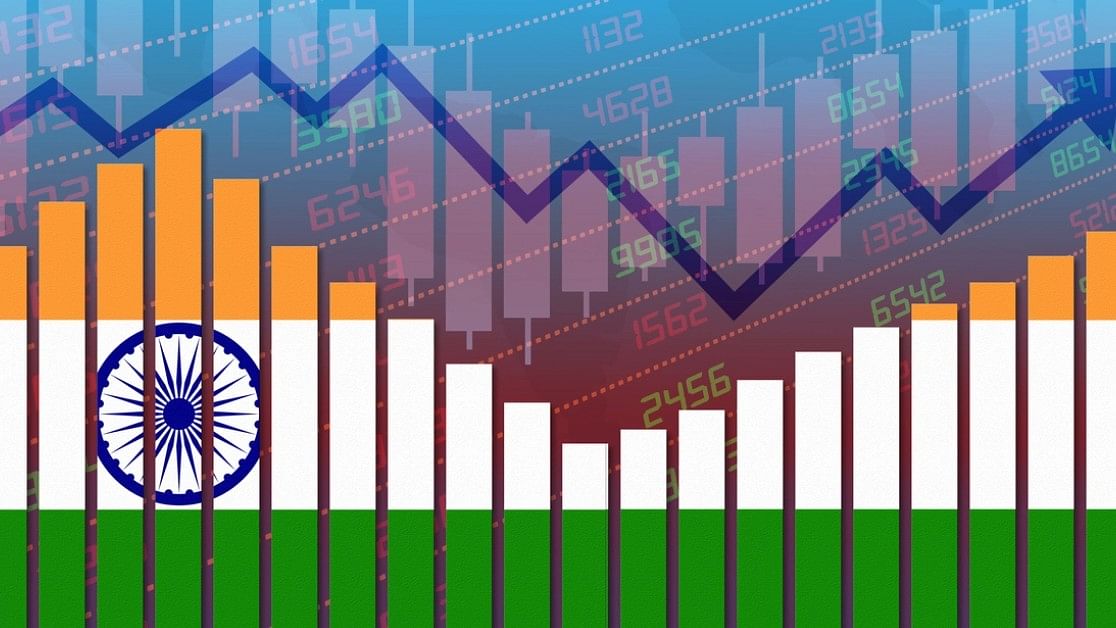
India currently is the fifth largest economy in the world behind the US, China, Germany and Japan.
Credit: iStock Images
New Delhi: S&P Global Ratings on Tuesday said India will be the world's third-largest economy by 2030, but a major test for the country would be to unlock the 'immense opportunity' and become the next big global manufacturing hub.
The US-based rating agency expects India to be the fastest growing major economy in the next three years, with GDP growth reaching 7 per cent by 2026, from 6.4 per cent projected expansion in the current fiscal.
Indian economy grew 7.2 per cent in 2022-23 fiscal ended March 2023. India's GDP expanded 7.8 per cent and 7.6 per cent in the June and September quarters, respectively.
"India is set to become the third-largest economy by 2030, and we expect it will be the fastest growing major economy in the next three years. A paramount test will be whether India can become the next big global manufacturing hub, an immense opportunity."
'Developing a strong logistics framework will be key in transforming India from a services-dominated economy into a manufacturing-dominant one,' S&P said in its report titled 'Global Credit Outlook 2024: New Risks, New Playbook'.
India, with a GDP size of $3.73 trillion at the end of 2022-23 fiscal, is currently the fifth largest economy in the world behind the US, China, Germany and Japan.
The International Monetary Fund (IMF) has projected India to become a $5 trillion economy with the third largest GDP in 2027-28.
S&P said unlocking the labour market potential will largely depend upon upskilling workers and increasing female participation in the workforce. Success in these two areas will enable India to realize its demographic dividend.
A booming domestic digital market could also fuel expansion in India's high-growth startup ecosystem during the next decade, especially in financial and consumer technology, S&P said, adding, in the automotive sector, India is poised for growth, building on infrastructure, investment, and innovation.
S&P further said there are elections (presidential and/or legislative) in more than 50 countries in 2024, many of which could have global ramifications.
Both Russia and Ukraine, mired in a war that will soon enter its third year, have presidential elections in March.
Adding a layer of uncertainty to both the Middle East and Russia-Ukraine situations are the US presidential and legislative elections in November, given the different positions in Congress regarding support for additional funding for Ukraine and Israel, S&P said.
It further said many emerging markets, including Indonesia, India, South Africa, and Mexico, will hold elections in 2024. Low levels of policy predictability can undermine investor sentiment and derail existing investment potential.
"Emerging markets still have work to do to reap a bonanza from the ... structural opportunities. For instance, enhancing policy visibility will be critical in attracting investments into these developing trends," S&P said.